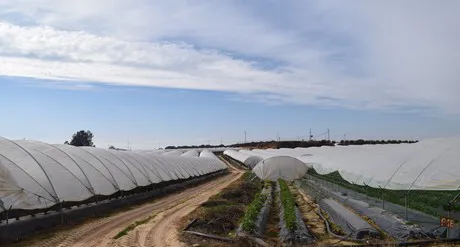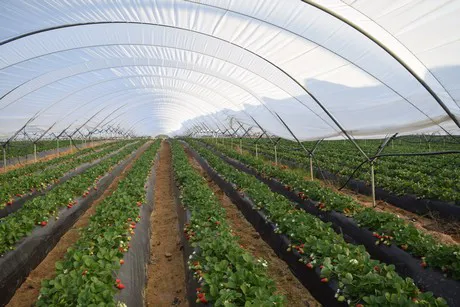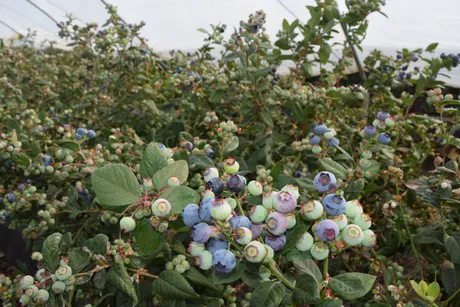Low temperatures continue to hinder the production of strawberries and other berries in Huelva, causing a significantly drop in the supply compared to the previous season. There is little activity in the fields and in the packing stations, as FreshPlaza has seen first-hand on its first day visiting this beautiful province. We are here to learn about the berry campaign, the different business models and the challenges ahead for the sector.

Strawberries have gained ground again in the 2018/2019 campaign, with around 200 hectares more than last season. Despite this slight increase in the acreage, the volume is currently limited due to the delay in the harvest caused, in part, by complications during the replanting of strawberry seedlings, which resulted in the death of many plants. These tasks had to be re-done in many cases. Furthermore, despite the days being sunny, the long cold nights affect the growth and development of the fruit in the plants. Overall, the markets have little fruit, and prices are very high, with little competition from Morocco and Egypt, which suggests that they are also not having a great production at the moment.

The most common varieties at the moment are the American Fortuna and the Spanish Rociera, of the FNM program, among others. This is also the first commercial year for new exclusive varieties, such as the Candela or Renewal.
As for blueberries, the acreage has stopped expanding at the rate of previous years, mostly due to a reduction in the fruit's profitability. The main reason for this is a great increase in the production in very little time, in spite of the fact that the demand continues to grow. Right now, the volumes are also lower compared to the same period last season. The most harvested variety at the moment is the Snowchaser. For now, overseas blueberries from countries like Chile are still imported, but they will gradually disappear from the market as the Spanish production increases, around mid-February. Blueberry growers are desperately asking for the opening of new markets, such as China.

One of the great challenges for this sector's survival and future growth is the shortage of specialized labor, especially pickers. The restrictions on the use of water for irrigation are also a limiting factor.
In the coming days, interesting reports will be published about the companies visited during this trip.
